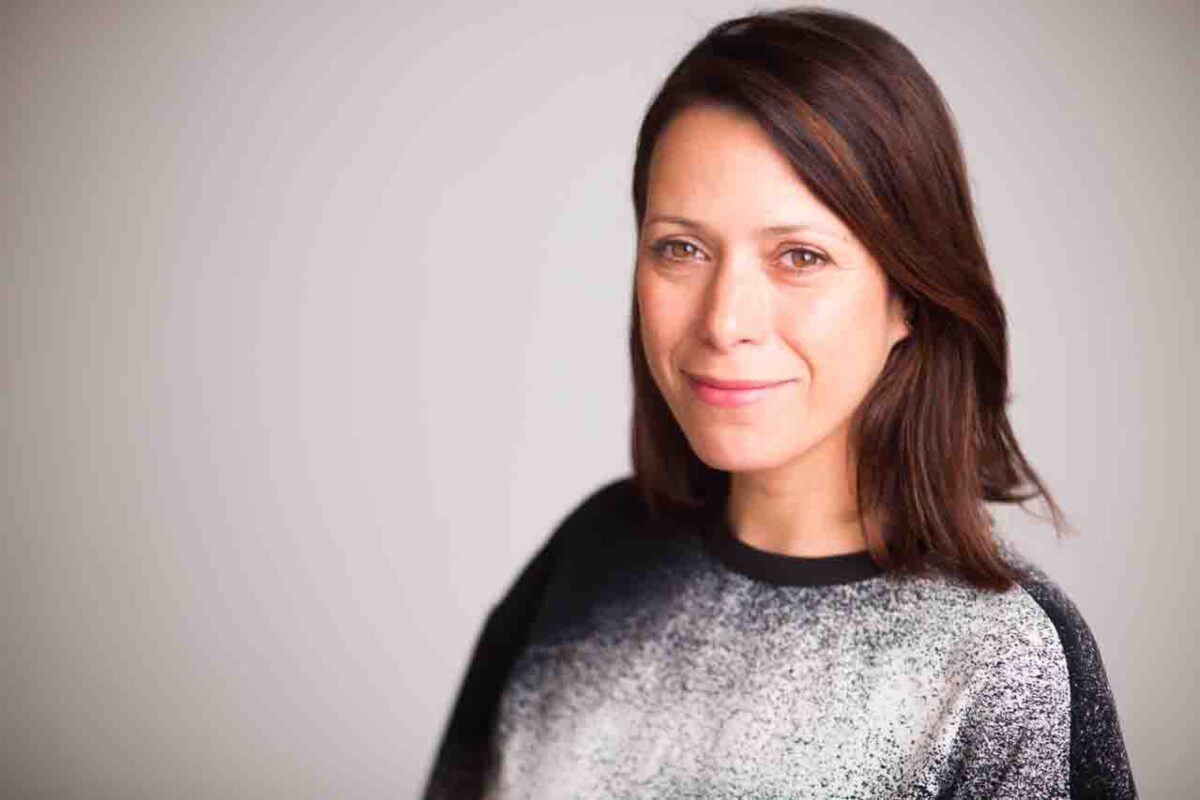Malkit Shoshan, Design Critic in Urban Planning and Design at the Harvard University Graduate School of Design, has been appointed the 2024 Senior Loeb Scholar. Each year the Senior Loeb Scholar is in residence on the GSD campus, during which time they present a public lecture and engage directly with GSD students, faculty, staff, researchers, affiliates, and Loeb Fellows. The program offers the GSD community opportunities to learn from and share insights with visionary designers, scholars, and thought leaders in a uniquely focused context.
Drawing upon her expertise in design and spatiality in relation to the conflict in Israel and Palestine, Shoshan will explore what building for a lasting peace can mean now. Her deep relationship to the School, as a current member of the GSD faculty, will enable Shoshan to facilitate discussions about this multifaceted theme over a period that extends beyond that of a typical Senior Loeb Scholar. She will deliver the annual Senior Loeb Scholar public lecture, titled “Designing Within Conflict,” on Tuesday, February 27 at 6:30 pm (Piper Auditorium). She will also lead the Senior Loeb Scholar Conversation, “Designing Within Conflict: Building for Peace” (Frances Loeb Library), on Friday, March 8, 12:30pm, as part of a conference organized by Womxn in Design, a student-run organization at the GSD committed to advancing gender equity in and through design. Additional opportunities for dialogue in the Spring and Fall semesters will be announced.
Malkit Shoshan is the founder and director of the architectural think tank FAST: Foundation for Achieving Seamless Territory. FAST uses research, advocacy, and design to investigate the relationship between architecture, urban planning, and human rights in conflict and post-conflict areas. Its cross-disciplinary and multi-scalar work explores the mechanisms behind, and the impact of, displacement, spatial violence, and systemic segregation on people’s living environments. Projects organized by FAST promote spatial justice, equality, and solidarity.
Shoshan is the author and map maker of the award-winning book Atlas of the Conflict: Israel-Palestine (010 Publishers, 2011), the co-author of Village. One Land Two Systems and Platform Paradise (Damiani Editore, 2014), and the author and illustrator of BLUE: The Architecture of UN Peacekeeping Missions (Actar, 2023). Her additional publications include Zoo, or the letter Z, just after Zionism (NAiM, 2012), Drone (DPR-Barcelona, 2016), Spaces of Conflict (JapSam books, 2016), Greening Peacekeeping: The Environmental Impact of UN Peace Operations (IPI, 2018), and Retreat (DPR-Barcelona, 2020). Her work has been published and exhibited internationally. In 2021, she was awarded, together with FAST, the Silver Lion at the Venice Architecture Biennale for their collaborative presentation “Border Ecologies and the Gaza Strip.”
Shoshan studied architecture at the Technion–Israel Institute of Technology, and the IUAV–the University of Venice. She is currently an international scholar at the Institute for Public Knowledge at NYU and a PhD fellow at the Delft University of Technology. She is on the editorial board of Footprint, the TU Delft Architecture Theory Journal. In 2014, as a research fellow at Het Nieuwe Instituut, Shoshan developed the project Drones and Honeycombs on global processes of militarization of the civic space. The fellowship included the exhibition 2014-1914 The View From Above and a series of seminars and workshops with multiple experts, stakeholders, governmental agencies and NGOs. In 2015, she was a visiting critic at Syracuse University’s School of Architecture and in 2016, she taught the course “Architecture for Peace” at the GSD. Shoshan was a finalist for the GSD’s Wheelwright Prize in 2014.
